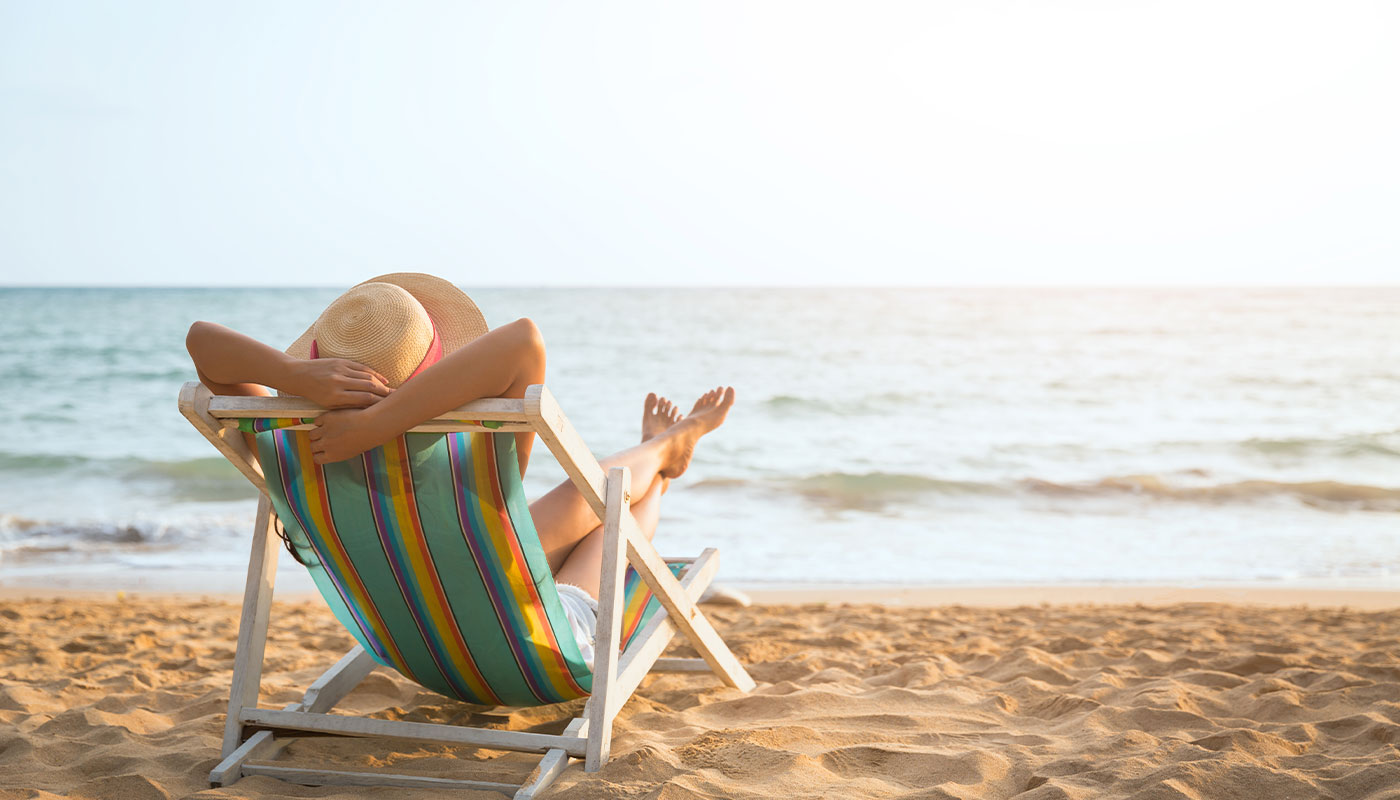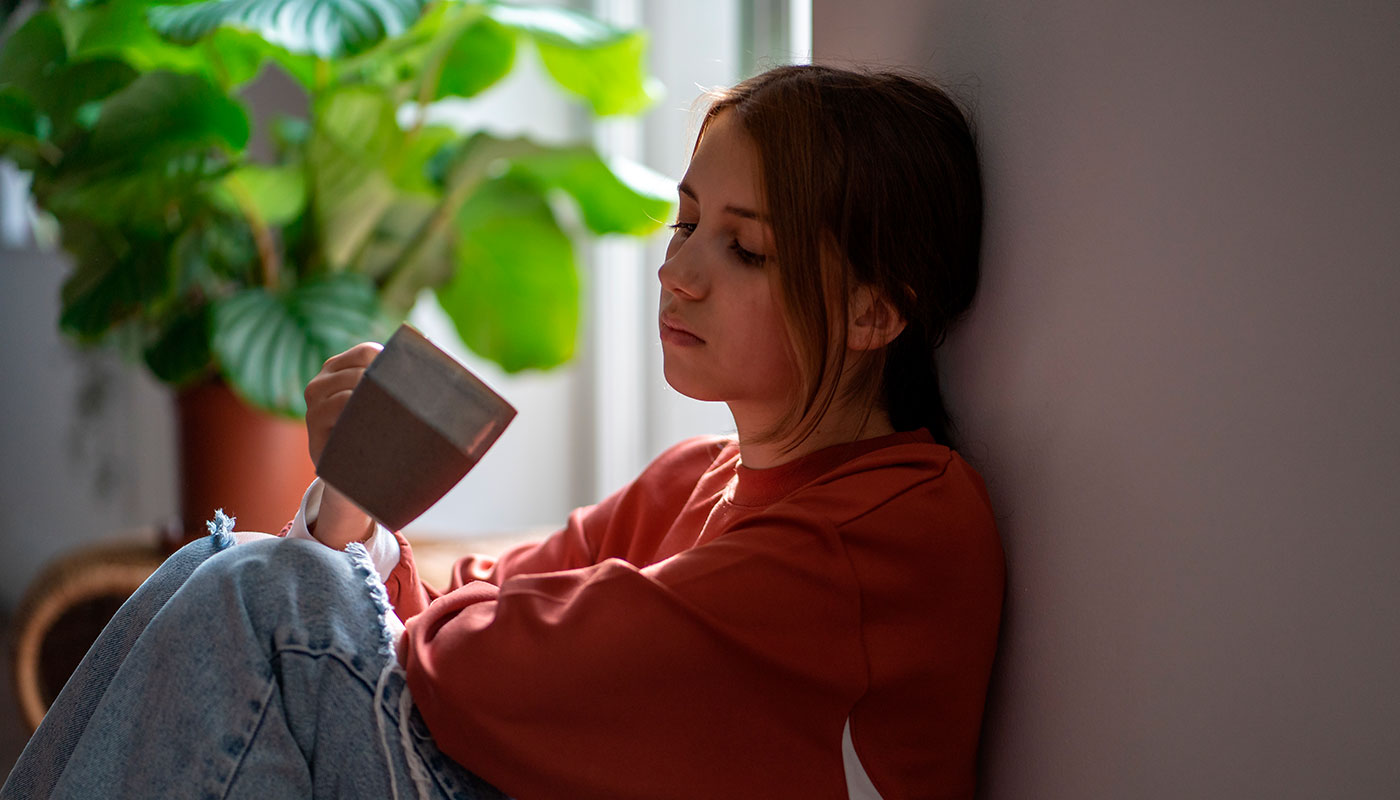Post-holiday depression: how to avoid it?
Returning from holidays can cause post-holiday depression, but we can help you avoid it and enjoy the return home.
KNOW YOURSELF
Share

The holidays are over, you have to return to work, and the dreaded "post-holiday depression" arrives. Although expert voices point out that it is more correct to speak of a phenomenon (such as "stress" or "post-holiday melancholy") and not of a pathology as serious and serious as depression, everyone knows well what this term refers to. It arises when a person who must return to work after the holidays encounters unpleasant feelings when doing so.
Thus, post-holiday syndrome encompasses a set of symptoms such as tiredness, muscle pain, sleep or appetite disorders, sadness, irritability, apathy or lack of concentration. In addition, post-holiday depression especially affects people who do not feel motivated with their work or those who even see it as a condemnation; on the other hand, those who feel lucky and face their job with more optimism tend to dodge post-holiday syndrome more successfully. In any case, after a holiday break from the obligations (work and family) at home, it is normal - to some extent - to feel distressed.
Of course, timeframes must be taken into account: post-holiday stress can range from two to three days, up to a maximum of two weeks. If, after this period, you continue to suffer from these symptoms, it may be advisable to seek help from a professional.

Tips for avoiding post-holiday syndrome
To deal with post-holiday syndrome, there are a number of tips that can help us. Any recommendation is good for combating post-holiday sadness. Let's get started!
- Return a few days earlier to your place of residence. It may be appealing to take advantage of holiday days as much as possible; but, at the moment of truth, it is better to return in time to organise everything calmly. This extends to routines and the normalization of schedules. It is better not to wait until the last moment to acclimatise ourselves to it with a margin of only a few days.
- Gradually recover your eating habits and physical exercise routines. The point is not to force our body, but to accustom ourselves to it again. Be careful, in this regard, with alcohol and caffeine, as they can contribute to increasing the anxiety that comes with post-holiday syndrome.
- Prioritise the immediate: little by little the right way. Organisation is key, but so is not getting overwhelmed and allowing yourself to not address everything at once. It can be good to write down the tasks that are still pending to unload them from our minds and do them as the days go by.
- Take advantage of and enjoy leisure time. Small pleasures are the key to making life easier in the return to normalcy. In the first few days, don't hesitate, for example, to talk to your coworkers, ask them about their holiday and take things slower. Slowly but surely.
- Accept your emotions. Melancholy is still a physical response. Allowing ourselves to cry at some point can help us face moments more serenely. It can also help to journal our thoughts. Along the same lines, try to discharge recurring, negative thoughts or those that can cause you more stress.






